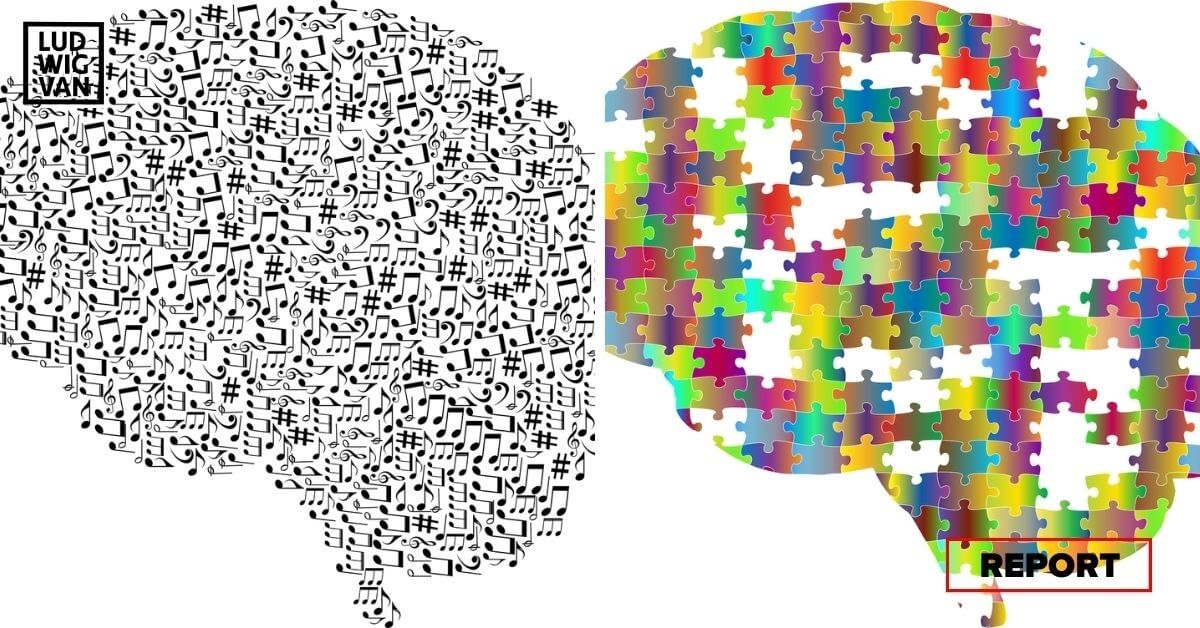
Music therapy can improve symptoms in ALS patients — that’s the suggestion of a recent study. While the size was small, the results show that at-home music therapy can benefit patients as well as their caregivers, in a mode that was enjoyable.
That’s the power of music to improve our well-being.
ALS: an encouraging possibility for treatment
ALS, or amyotrophic lateral sclerosis, is a condition that progressively attacks the nervous system. It results in the gradual loss of muscle control, and there are few effective treatments.
That makes the new study all the more promising.
Essentially, the study’s purpose was to look at the feasibility of home-based music therapy as treatment for specific symptoms, under the care of a professional music therapist.
The music therapy treatment was designed specifically for ALS patient by the principal researcher, and included:
- An adaptive voice lesson with a music tutor who works on issues like posture, breath support, resonance, intonation, articulation, and projection;
- The goal is to improve breath support, and relax the muscles involved and improve speech.
Musical accompaniment was generally offered via guitar. The use of guitar accompaniment, along with the rhythm and melody, makes it different from other forms of speech therapy for ALS. Rhythm helps the brain to remember, as well as cue movements.
Overall, the researchers concluded that music therapy in a home environment was safe, provided a professional music therapist was available to make adjustments and the modifications as necessary for each individual. These include the tempo, pitch, tonality and rhythm changes, which can be modified by the music therapist during the session in various ways to best support the work on the rehabilitative objectives for each participant.
The music therapist needs to be well versed in both the musical as well as the clinical aspects of ALS and its progression. Add to that a knowledge of social science, anatomy, psychology, and treatment planning, among other skills
The results
With a very small sample size, researchers stressed that more research was needed to confirm the positive results when it came to symptomatic relief (which were collected as secondary data to the feasibility study).
What they did find, however, was encouraging:
- Improvement in bulbar symptoms (bulbar palsy) involving control of the tongue and vocal chords;
- Improvement in respiratory function;
- Improvement in speech.
One finding: for all participants, their singing range was greater than their speaking range.
The improvements were sustained or actually increased for the duration of the treatment period. When it ended, the effect declined over time.
All of the participants rated the experience as an enjoyable one, as well as easy to do. The researchers note that the use of musical cues for physical movement tends to have the effect of minimizing the perception of exertion.
It is hoped that a larger study can be designed to confirm the beneficial results, and allow for the use of music therapy as a regular tool for ALS patients and their caregivers.
#LUDWIGVAN
Get the daily arts news straight to your inbox.
Sign up for the Ludwig van Daily — classical music and opera in five minutes or less HERE.
- PREVIEW | Esprit Orchestra Ends 2023-24 Season With Sonic Universe - April 17, 2024
- THE SCOOP | Toronto Symphony Orchestra Hits The Road To Montreal & Ottawa With JUNO-Winning Canadian Mezzo-Soprano Emily D’Angelo - April 17, 2024
- PREVIEW | New Adventures In Sound Art Presents The Springscapes Series — Continuing Till June 17 - April 16, 2024



